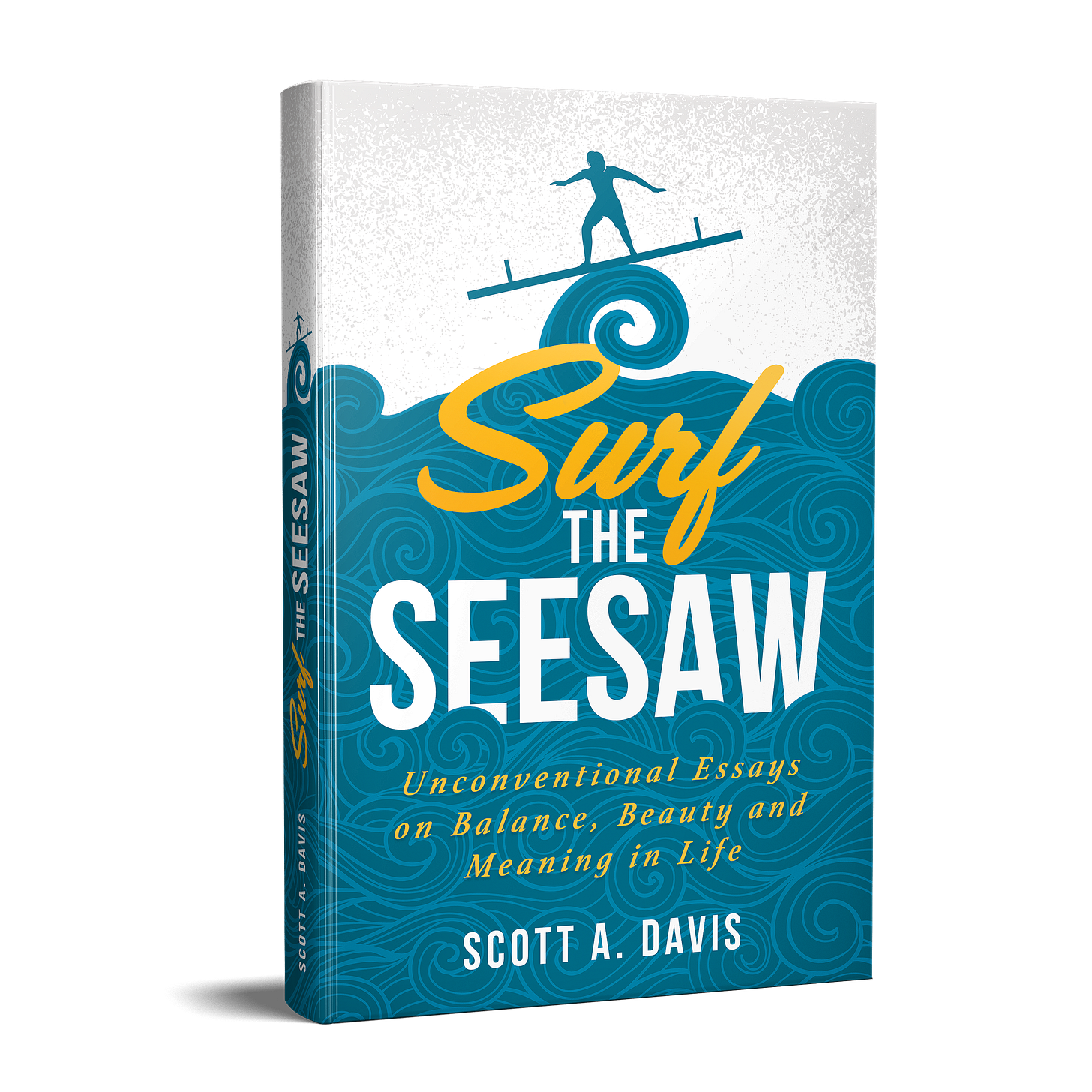Values that are NOT Valuable
Values are important. Some of them, anyway. I want to talk about two types of values, because one type is very important, but the other is …well … not.
All your decisions are driven by your values, so we can infer your values from your decisions. (If you think about that for a second, I suspect it will make you a little uncomfortable.) I call this type Existential Values, because they are proven by or derived from what is observable — real decisions, real actions in the real world. Interestingly, even though our actions are obvious, some of us never do the introspective work required to identify clearly the Existential Values hidden behind our actions, driving those actions. More on this in a bit.
The second type of values are what I call Aspirational Values. These are values you recognize as noble or helpful, such that you aspire to manifest these values. They may also be things that you know OTHER folks value. In other words, Aspirational Values look good on the wall. But, if you are honest with yourself, these Aspirational Values are not actually in the driver's seat of your decision-making. That's what makes them Aspirational rather than Existential.
Notice the inverted symmetry of these two types of values. Existential Values are highly impactful on our choices even though we may never have articulated them, whereas Aspirational Values are often clearly stated but wholly impotent. The values that drive us are rarely the ones on the posters. This is true for individuals and for organizations.
The obvious homework assignment on Existential Values is to articulate them clearly. Think about your most dear successes and your most haunting failures; think about your joys and your frustrations. When you consider your decisions in all of those moments, good and bad, can you find the values that were pulling your strings in those choices? That is, what values are revealed by your decisions? These are your Existential Values. Once you know these values, you can create strategies that manifest and use these values more effectively. I’ll come back to this in a minute.
As for Aspirational Values, the story is muddy. Changing our values is possible, but it takes a tremendous amount of energy and a great deal of time. Consequently, it almost always fails. You cannot change values like you change clothes. Values are more analogous to body shape: unless you exert a huge amount of energy over a long time, the body shape you work with today is probably the one you’ll be working with ... well, for a long time. Values are like that: long cycle. Usually…forever cycle. So, if you list some nifty new values you've never really manifested before and then try to build a strategy around those new values, your strategy has almost zero chance of success. Because you cannot change your values like changing your clothes.
I applaud folks who do the long hard work of adjusting their values. But, I doubt that most individuals and organizations are up for that slog. Usually, we really just want to promise a change in our values; but, as I’ve written elsewhere… there is no respect on credit. You only get credit for actually doing the thing, not for talking about doing it.
So the higher-probability advice on values is this: understand the Existential Values that are already driving your choices, and craft better strategies for acting from and for those values. Remember: while your present choices do reveal your values, those particular choices might not be the ideal ones for manifesting those values. We can find better behavioral strategies even if we accept our existing values as-is. There are infinite ways to act on any value, so there is always room to find a better strategy for living that value.
If this all seems a little old-school, it definitely is. Some things are classic for a reason.
Know yourself. - Socrates
To thine own self be true. - Shakespeare
Have a super week!
Scott
Keep reading on this thread…
Imagination Without Action is Impotent
Get the book that started this adventure. Amazon carries Surf the Seesaw in paperback and e-reader here.
If you’ve already finished the book, please take a moment to leave a recommendation on Amazon here. It’s easy, and there’s no better way to help Surf the Seesaw stand out on Amazon’s bookshelf so that other people can find it. Thanks!
To receive Surf the Seesaw posts like this one directly via email each week (or so), subscribe here. It’s 100% free, and I don’t share your info.


